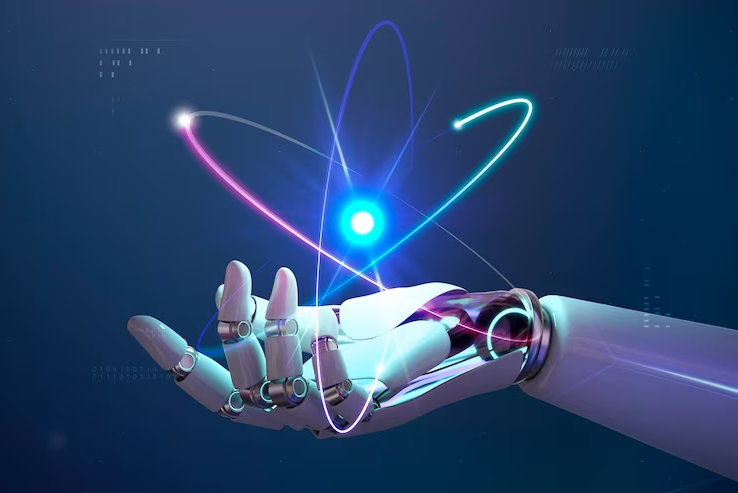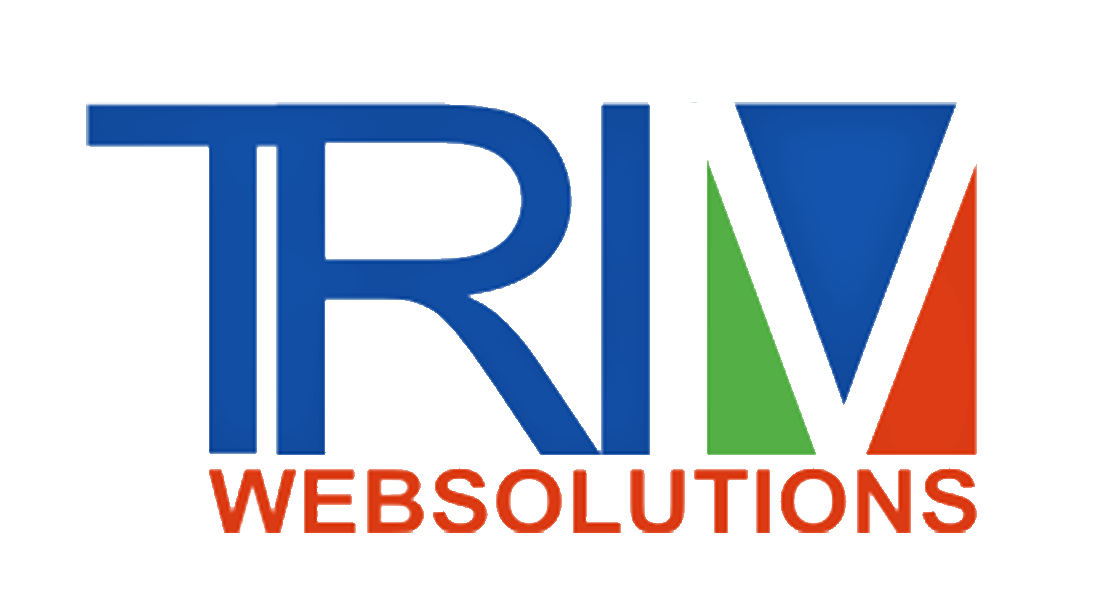AI and Jobs: Debunking the Myth

Artificial Intelligence (AI) is often associated with job loss and automation. However, this is a myth that needs to be debunked. AI has the potential to create new job opportunities and improve efficiency in various industries.
AI is a tool that can automate certain tasks, but it cannot replace human creativity, intuition, and emotional intelligence. In fact, AI technologies can enhance human capabilities and create new job opportunities.
One example of how AI is creating new jobs is in the field of data science. Data scientists use AI algorithms and machine learning models to analyze large datasets and extract insights. This requires human expertise in areas such as statistics, programming, and domain knowledge.
Another example is in the field of robotics. While robots can perform repetitive and physically demanding tasks, they still require human supervision and maintenance. This has created new job opportunities for robot operators, technicians, and engineers.
AI is also creating new job opportunities in areas such as customer service and healthcare. Chatbots and virtual assistants are being used to improve customer support and reduce wait times. In healthcare, AI is being used to assist doctors in diagnosing diseases and developing treatment plans.
AI is not just creating new job opportunities, it is also improving efficiency in various industries. For example, AI-powered predictive maintenance can detect equipment failures before they happen, reducing downtime and increasing productivity. AI algorithms can also optimize supply chain operations, reducing waste and improving delivery times.
However, there are still concerns about the impact of AI on jobs. Some experts predict that AI technologies could automate up to 40% of jobs in the next 15 years. This could lead to job loss and economic disruption.
To address these concerns, it is important to understand that the impact of AI on jobs will vary by industry and occupation. Some jobs are more susceptible to automation than others. For example, routine and repetitive tasks are more likely to be automated than jobs that require creativity, emotional intelligence, and social skills.
To mitigate the impact of AI on jobs, it is important to invest in education and training programs that equip workers with the skills needed to adapt to a changing job market. This includes skills such as critical thinking, problem-solving, and creativity, which are difficult to automate.
In conclusion, the myth that AI will replace all human jobs is not supported by evidence. While AI can automate certain tasks, it cannot replace human creativity, intuition, and emotional intelligence. AI has the potential to create new job opportunities and improve efficiency in various industries. To realize these benefits, it is important to invest in education and training programs that equip workers with the skills needed to adapt to a changing job market.
493 0 7
Write a Comments
* Be the first to Make Comment















